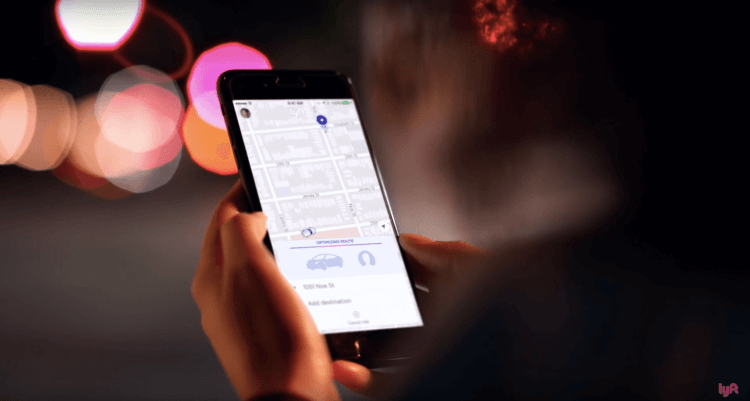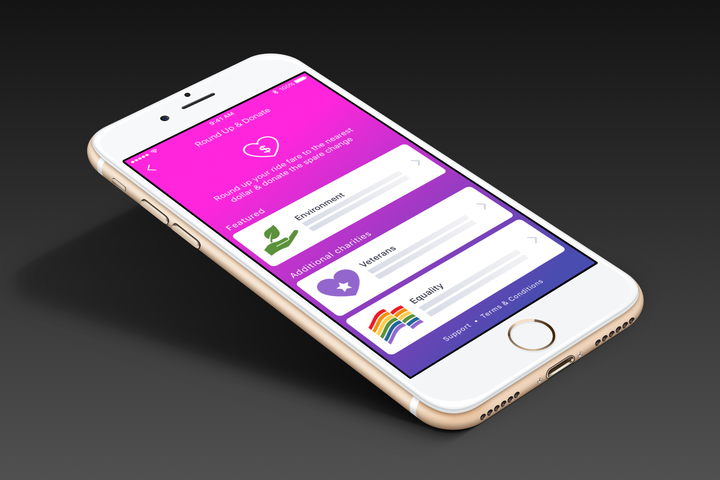Lyft is taking a page right out of Ride Austin‘s book with a feature that allows riders to donate part of their fare to charity. Called Round Up & Donate, the feature being tested by the on-demand ride hailing service involves rounding up fares to the nearest dollar, with the remainder donated to a specific charity. So if your standard fare was $12.57, for example, Lyft would charge you $13.00 and allow you to donate the $0.43 to a select organization.
Round Up & Donate is optional, so there’s no need to fret that the company will automatically take a higher fare if you don’t choose to donate. This test will be rolling out in the next few weeks, and Lyft has not yet disclosed the charities it’s supporting.
This isn’t the first time the company has been involved in charitable giving, as it has helped raise money for Meals on Wheels and other groups in the past. But rather than taking an ad hoc approach, Lyft may be looking for something more permanent and banking on an idea that ride-hailing service Ride Austin has received praise for. Following Uber and Lyft’s departure from the Austin, Texas market, several ridesharing companies stepped in to try and fill the gap. Ride Austin came up with a unique premise: It would make charitable donations with each fare. In February, the company said it had donated more than $100,000 to charity.
As Lyft is more widely available across the nation than it was in 2016, having a donation mechanism in place could help generate a lot more money for good causes. And although the company hasn’t listed which charities are going to be supported, they will likely include a mix of national and local groups, such as the American Civil Liberties Union, which Lyft said it would donate $1 million to over four years, as well as local area food banks, and others.
June 5th: The AI Audit in NYC
Join us next week in NYC to engage with top executive leaders, delving into strategies for auditing AI models to ensure fairness, optimal performance, and ethical compliance across diverse organizations. Secure your attendance for this exclusive invite-only event.
Riders may have a hard time pointing to differences between ride-sharing giants like Uber and Lyft. But although the former is more widely available globally and has more resources to further its domination in the market, it has stumbled through crisis after crisis, including sexual harassment allegations, arguments with drivers, and questions about whether it is circumventing the law. Lyft is seeking to capitalize on its rival’s blunders by marketing itself as the anti-Uber, depicting a night-and-day scenario wherein its own drivers are treated better and can receive tips, and you can help save the world by donating to charities.
“The power of this community is yours. You made it. And whether you tap in, or just keep doing your bit by riding, you’re sitting on a changemaker,” the company wrote in a blog post.



